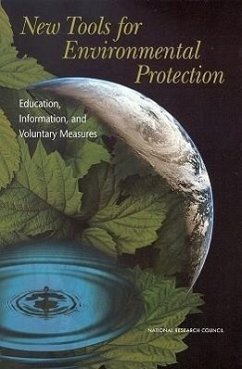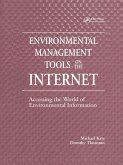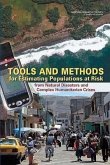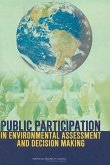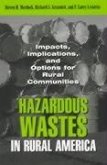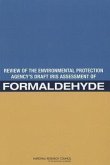Many people believe that environmental regulation has passed a point of diminishing returns: the quick fixes have been achieved and the main sources of pollution are shifting from large "point sources" to more diffuse sources that are more difficult and expensive to regulate. The political climate has also changed in the United States since the 1970s in ways that provide impetus to seek alternatives to regulation. This book examines the potential of some of these "new tools" that emphasize education, information, and voluntary measures. Contributors summarize what we know about the effectiveness of these tools, both individually and in combination with regulatory and economic policy instruments. They also extract practical lessons from this knowledge and consider what is needed to make these tools more effective. The book will be of interest to environmental policy practitioners and to researchers and students concerned with applying social and behavioral sciences knowledge to improve environmental quality.
Bitte wählen Sie Ihr Anliegen aus.
Rechnungen
Retourenschein anfordern
Bestellstatus
Storno

